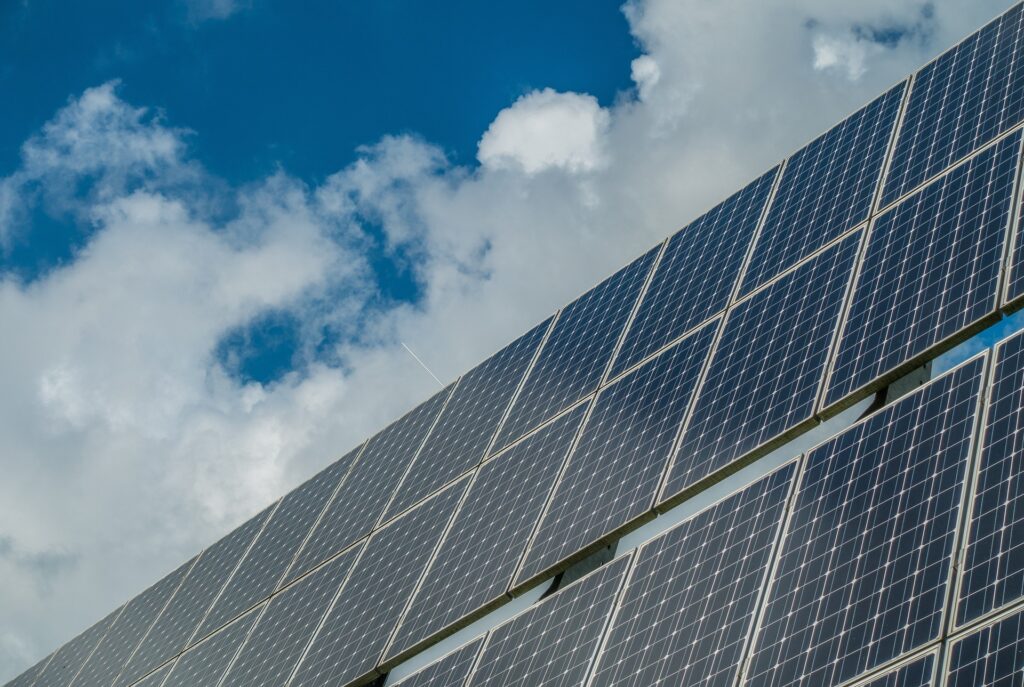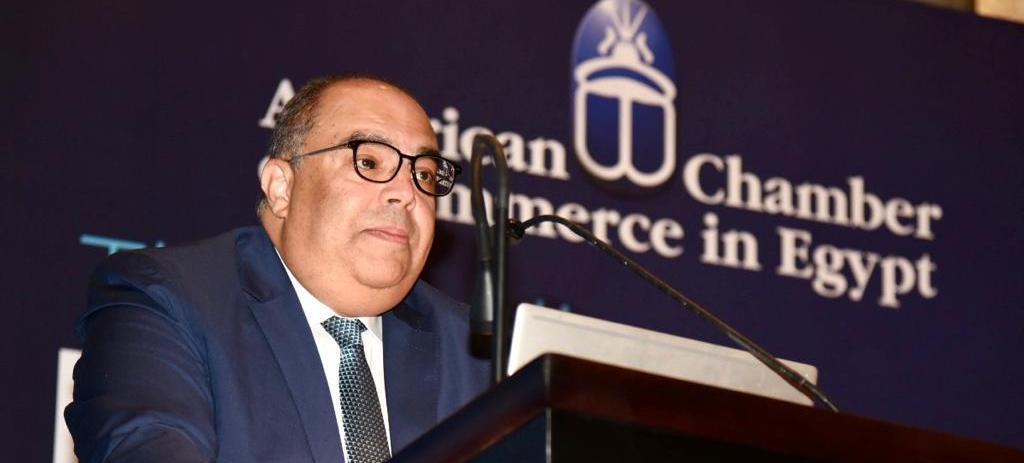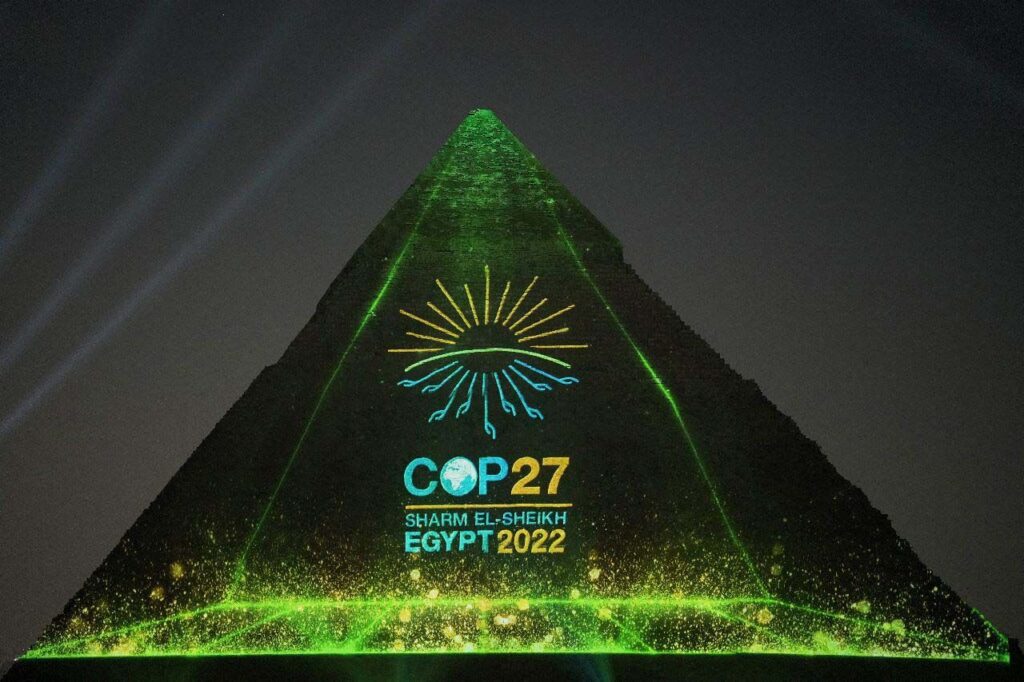Egypt is currently engaged in the lengthy process of reorienting state apparatuses towards ‘greening’ the national economy in a diverse and comprehensive strategy in the wake of the COP27 summit, which was hosted in Sharm El Sheikh last month.
In light of the many tangible improvements in gearing the Egyptian economy towards being more environmentally conscious, as well as concerted efforts to implement such changes on a societal level through various state-sponsored initiatives, proponents are touting recent investments in renewable energy as a further indication of this ‘green dream’ gradually becoming a reality.
On November 30, the International Finance Corporation (IFC), the financing arm of the World Bank, in tandem with a slate of international partners led by the Dutch Entrepreneurial Development Bank (FMO) and the Japan International Cooperation Agency (JICA) along with private sector banking partners, announced a $1.1 billion financing package for Egypt.
The funds in the package will be disbursed across the twin solar and wind power plants, which upon completion will provide more than 1 gigawatt of renewable energy. Other areas of investment will be in debt and equity provisions, with $15 million directed toward supporting Egypt’s burgeoning start-up ecosystem.

Winds of change?
The bulk of this financing package’s funds will be directed towards the establishment of renewable energy sources in the form of twin plants operating in wind and solar power. The power plants will be constructed by UAE-based AMEA Power, and will respectively each produce 500 megawatts of renewable energy, “taking the firm’s clean energy portfolio to around 2 gigawatts in Egypt alone,” according to a statement from the company’s website.
The solar plant will be located near Kom Ombo in Aswan, where it will eclipse Egypt’s largest solar park, BenBan, which is currently operational. The wind farm will be located in the Red Sea governorate and will be developed by AMEA in cooperation with Sumitomo Corporation, “who will own a 40% equity stake in the project,” said the statement from AMEA.
Financing is being provided by a consortium of banks, besides the aforementioned Japan Bank for International Cooperation (JBIC) and IFC, stakeholders include; Standard Chartered Bank, Commercial International Bank, Sumitomo Mitsui Banking Corporation, and Sumitomo Mitsui Trust Bank participating as co-lenders under Nippon Export and Investment Insurance (NEXI).
Power Purchase Agreements (PPAs) with the Egyptian Electricity Transmission Company (EETC) and Usufruct Agreements, with the New and Renewable Energy Authority (NREA) have been finalized, after the completion of feasibility studies, the statement said.
When completed, the 560MW Abydos Solar PV and 505MW Amunet Wind Farm, “both of which will be the largest of their kind in Egypt, and their combined output will translate into over 4,000 gigawatt-hours per year of power,” according to a report from Ahram Online.
Lasting impact
“Power from the solar park and the wind farm will be priced at 2 US cents per kilowatt hour and 3 US cents per kilowatt hour respectively, which are the lowest rates in Africa and among the least expensive rates globally,” the report said.
The Abydos and Amunet projects are forecasted to reduce Egypt’s carbon footprint “by 1.7 million tons of greenhouse gases annually. “These projects highlight the private sector’s essential role in helping to deliver clean, affordable power, especially at a time of growing challenges from climate change and pressures on the environment,” said Cheick-Oumar Sylla, IFC Regional Director for North Africa and the Horn of Africa, it added.
The projects will begin construction in December 2022, with the Abydos facility coming online first after a projected build-time of 18 months compared to 30 months for the Amunet plant on Egypt’s gusty eastern coastline.
“[The projects] signal our commitment to the green transition, while also showcasing the depth of climate finance opportunities in Egypt and the crucial role of private sector engagement in accelerating the climate agenda on a national level,” said Egypt’s Minister of International Cooperation Rania Al-Mashat. “Moreover, both projects reflect the interlinkages and complementarity between climate action and development efforts and highlight the importance of mobilizing innovative financing modalities that offer an opportunity for the international community to support the climate agenda.”







